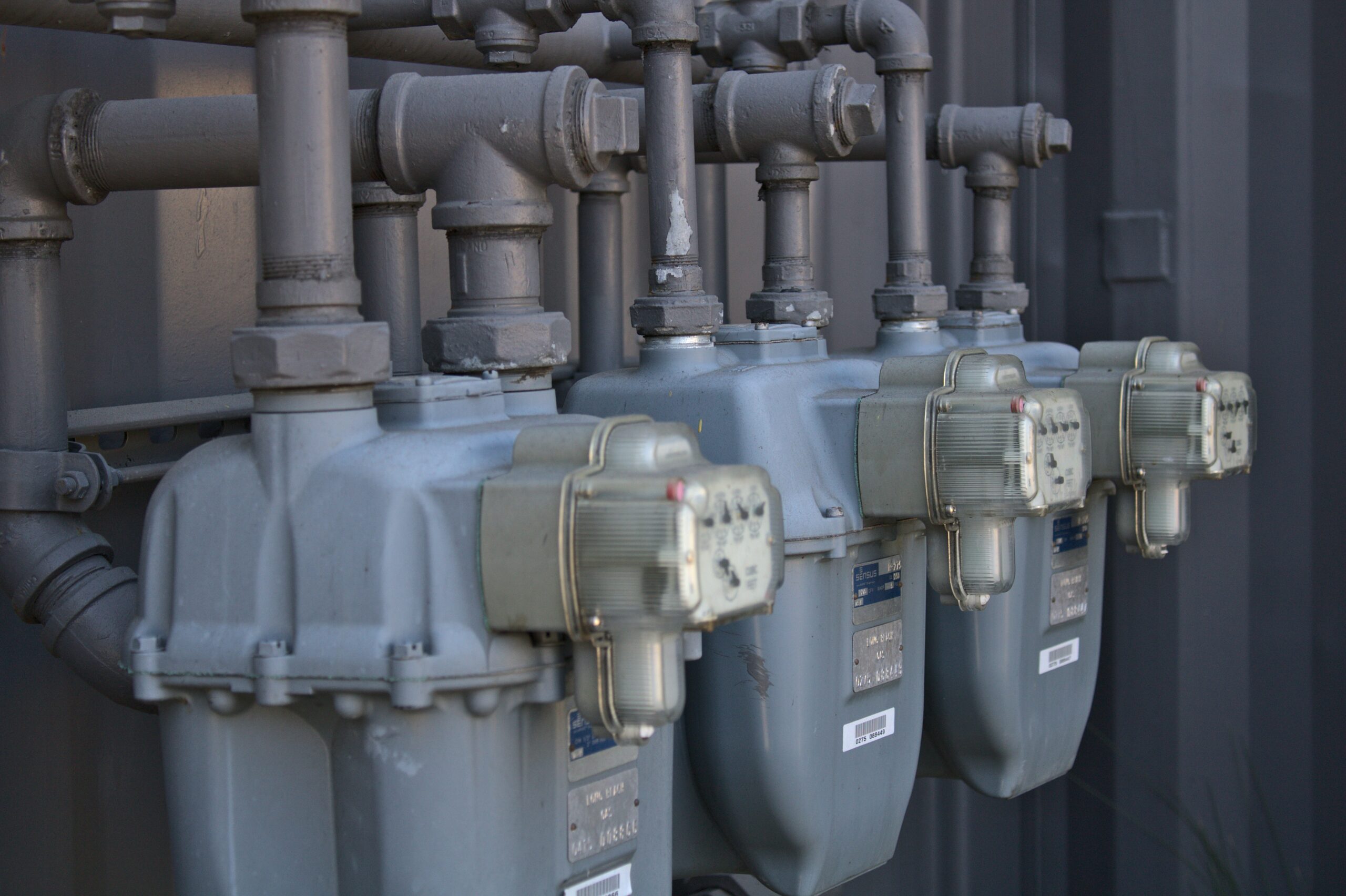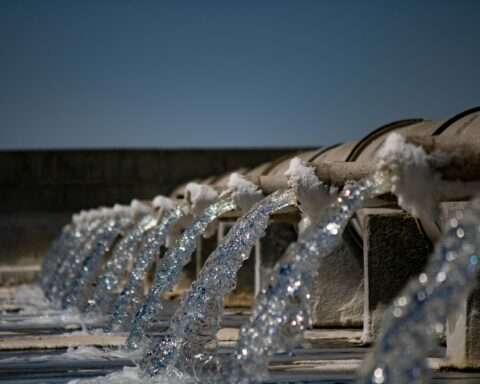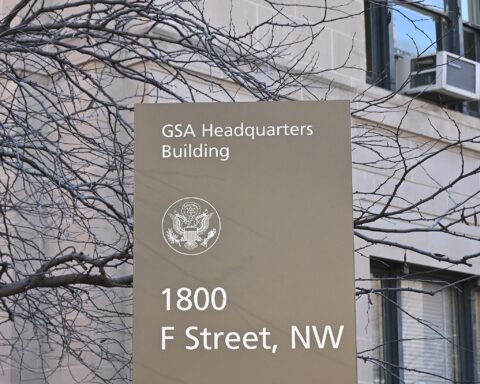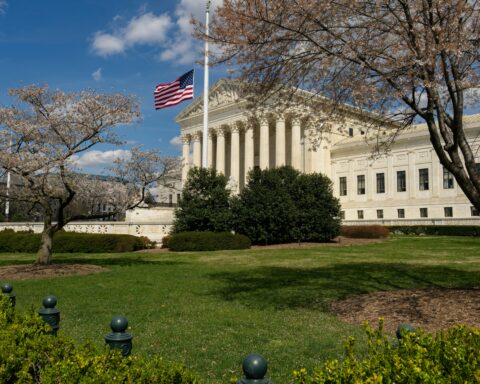The U.S. Department of Transportation (DOT) is announcing $196 million in grants to modernize America’s aging natural gas pipelines. Funded under the Bipartisan Infrastructure Law of 2021, these grants will enhance the safety of gas pipeline distribution systems, further environmental justice initiatives and reduce residents’ energy costs.
“For the first time, thanks to the Bipartisan Infrastructure Law, we are empowering communities to expedite these critical safety improvements while helping families save money on their energy bills,” PHMSA Deputy Administrator Tristan Brown says in a press release. “On average, businesses, families and everyday Americans can expect to save hundreds of dollars on their energy bills thanks to these necessary safety improvements funded through this new grant.”
This funding will be drawn from the Natural Gas Distribution Infrastructure Safety and Modernization (NGDISM) grant program, a $1 billion federal initiative aimed at repairing, rehabilitating or replacing the nation’s aging natural gas lines. The program, allocated $200 million per year over a five-year span, intends to reduce incidents and fatalities related to natural gas distribution pipeline systems while avoiding economic losses.
Administered and operated by the DOT’s Pipeline and Hazardous Material Safety Administration (PHMSA), this round of NGDISM grants will support 60 natural gas pipe projects across 20 states.
Addressing an urgent need to replace aging, leak-prone infrastructure, PHMSA will distribute grants to projects that primarily replace aging or leaking natural gas mains and service lines throughout the country. The administration will also fund projects that are designed to lower energy costs for consumers, reduce methane emissions and ensure safer pipeline operations.
In this round, six projects will receive $8 million or more in NGDISM grants. They include:
- Philadelphia Gas Works, Pennsylvania – Nearly $40 million to replace 20.3 miles of cast iron piping over a five-year period. The project would create 60 jobs and annually reduce methane emissions by over 92 metric tons.
- City of Richmond, Virginia – $15.73 million to replace existing 2-inch to 12-inch main with new polyethylene and cathodically protected steel coated mains. The replacement mains would offer increased protection against pipe corrosion and reduce up to 22.26 metric tons of methane emissions per year.
- City of Kings Mountain, North Carolina – $9.6 million to retire two and replace six of the city’s regulator stations. The project will additionally replace 23 miles of aging and at-risk natural gas pipelines, reducing methane emissions by 17 metric tons a year and employing an estimated 100 workers.
- City of Toccoa, Georgia – $8.43 million to replace over ten miles of leaking pre-code steel and vintage plastic distribution gas mains and service lines. The initiative is anticipated to create 100 jobs and reduce almost eight metric tons of methane emissions annually.
- City of Luka, Mississippi – $8.19 million to replace 14.4 miles of aging cast iron pipelines and 682 steel gas services. The City of Luka anticipates the project will create almost 50 jobs and reduce methane emissions by 65.79 metric tons of methane yearly.
- Clinton Newberry Natural Gas Authority, South Carolina – $8.07 million to replace 21.92 miles of leaking steel natural gas pipes. The gas line replacement is expected to create over 150 jobs and reduce over 23 metric tons of methane emissions annually.
Click here for a complete list of funded projects. For more information about the NGDISM grant program, visit the PHMSA grant program’s homepage.
To date, the grant program has awarded nearly $800 million to 227 projects across 29 states, particularly in underserved and disadvantaged communities. These grant recipients are anticipated to repair, rehabilitate or replace more than 1,000 miles of aging natural gas pipes and reduce nearly 1,000 metric tons of methane pollution annually.
This investment aligns with the U.S. Methane Emissions Reduction Action Plan, which seeks to leverage various strategies to cut methane emissions, protect public health and support innovative reduction technologies.
In addition to methane reduction benefits, the grant initiative supports the White House’s broader Investing in America Agenda. The agenda, which aims to stimulate national economic growth, focuses on rebuilding infrastructure, promoting clean energy solutions and creating good-paying jobs.
Photo by Doris Morgan on Unsplash












